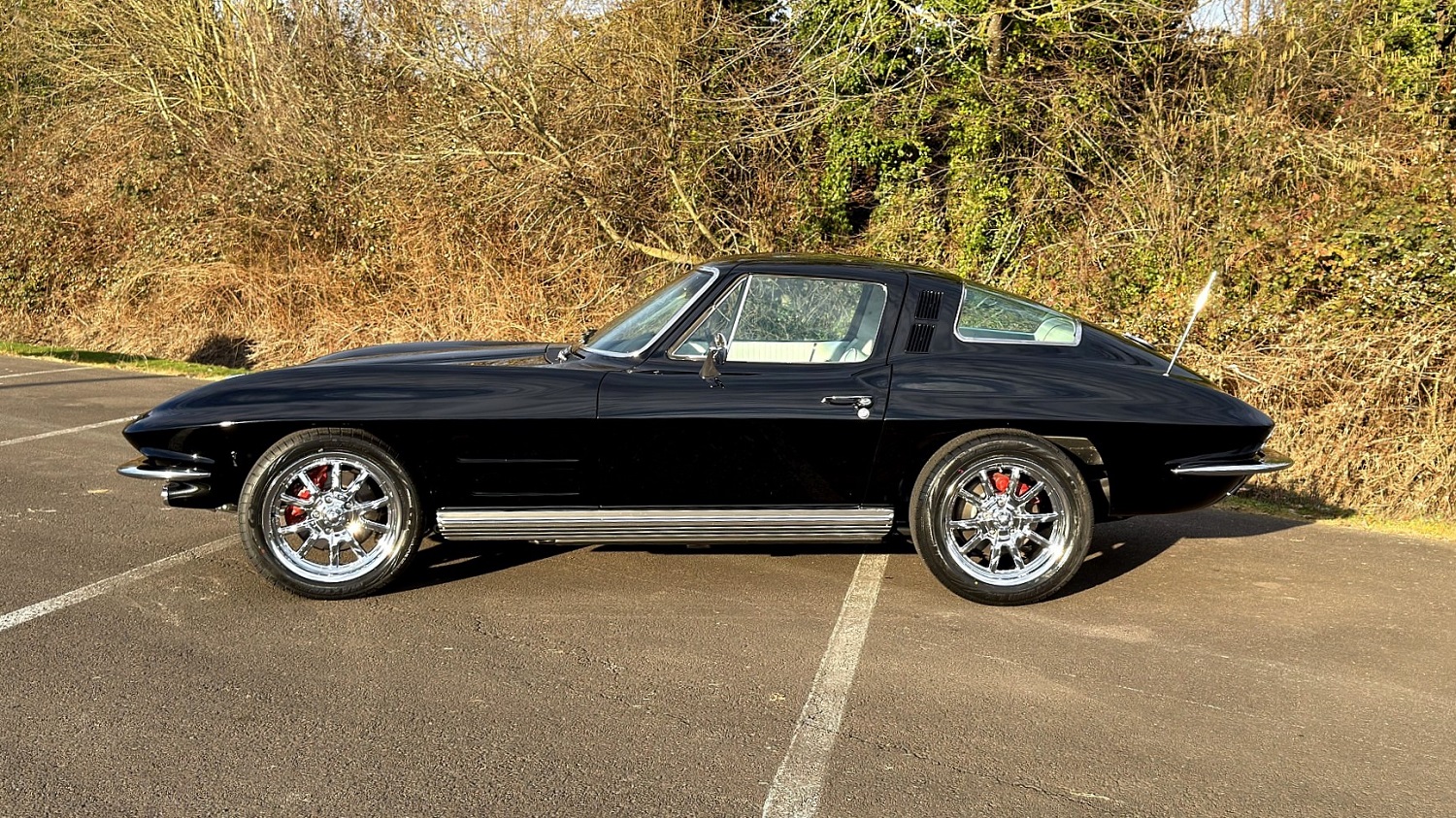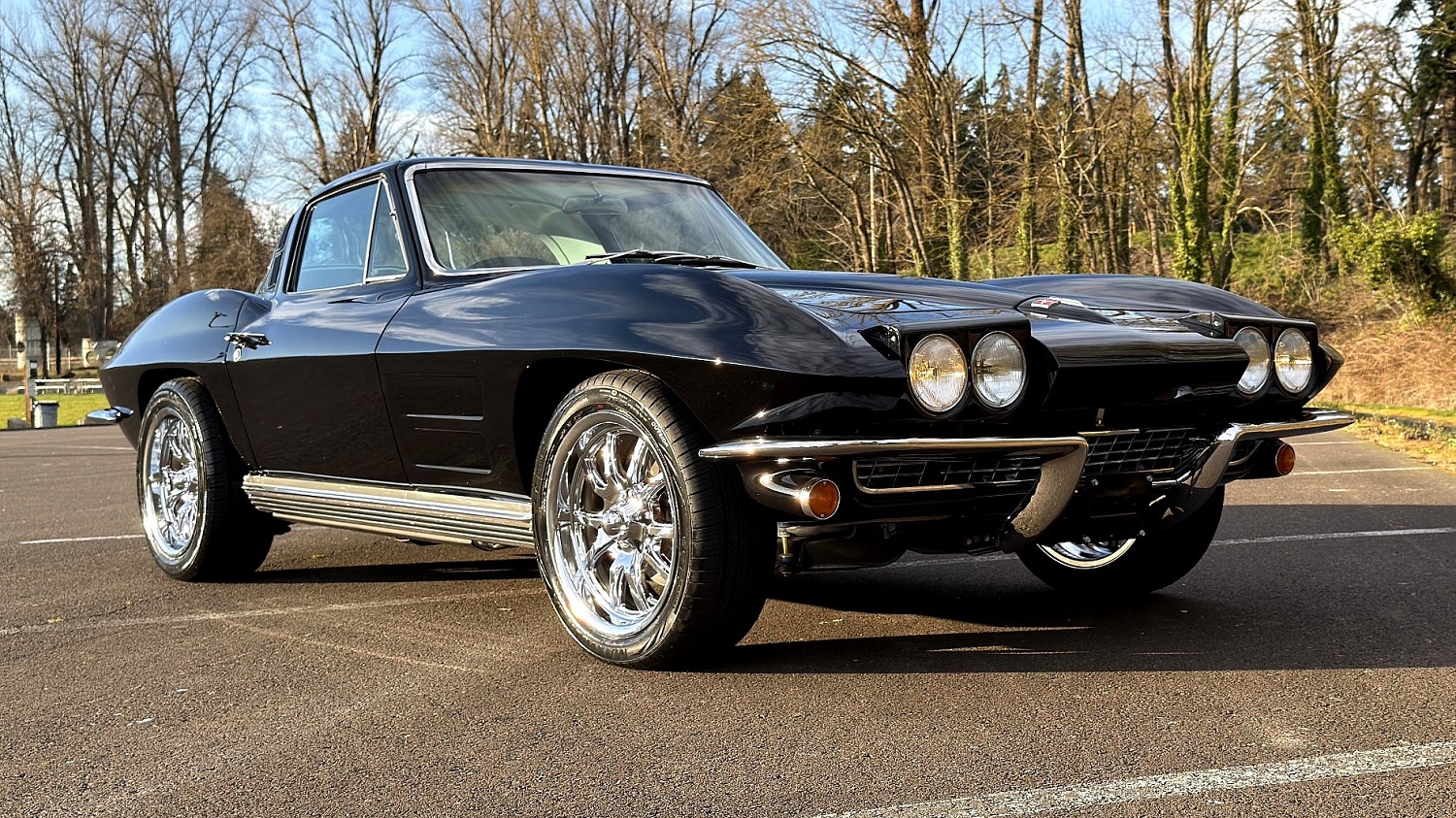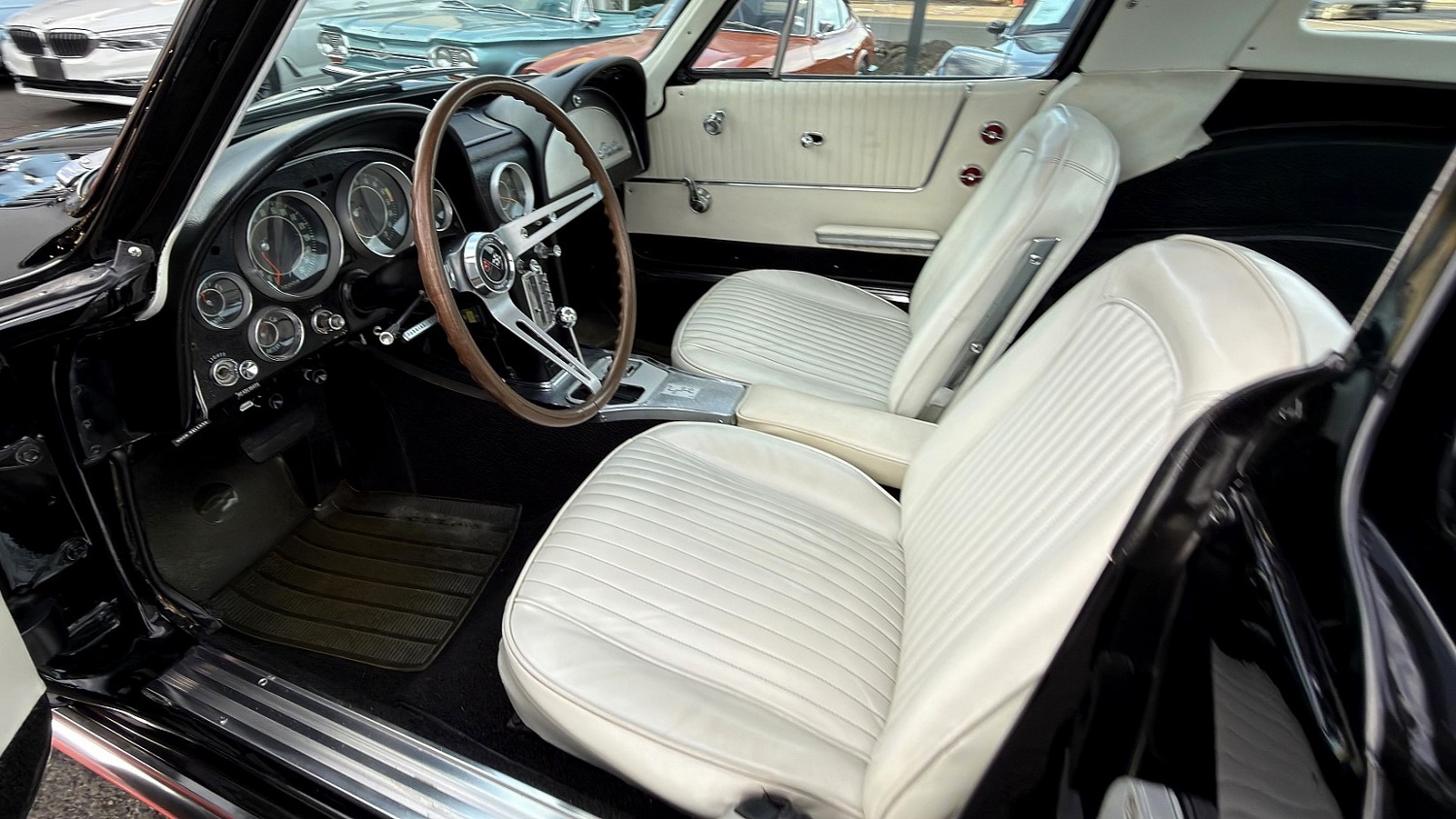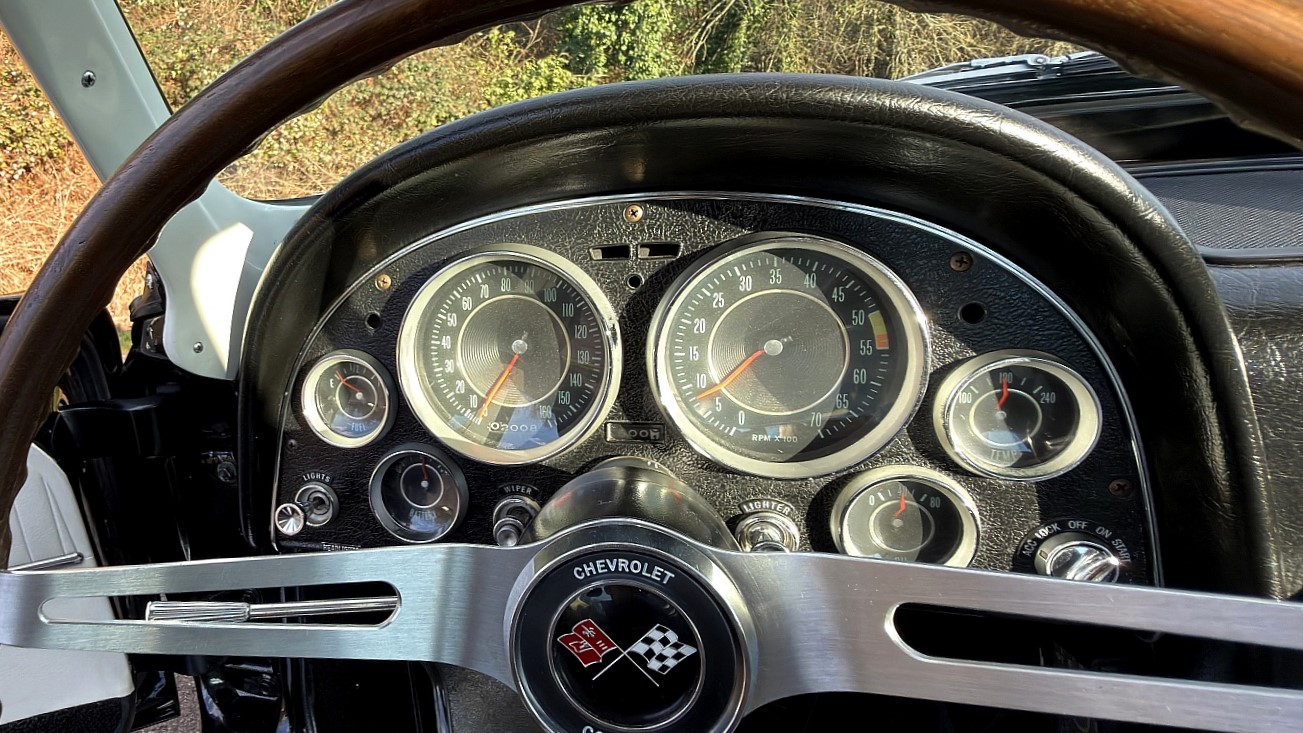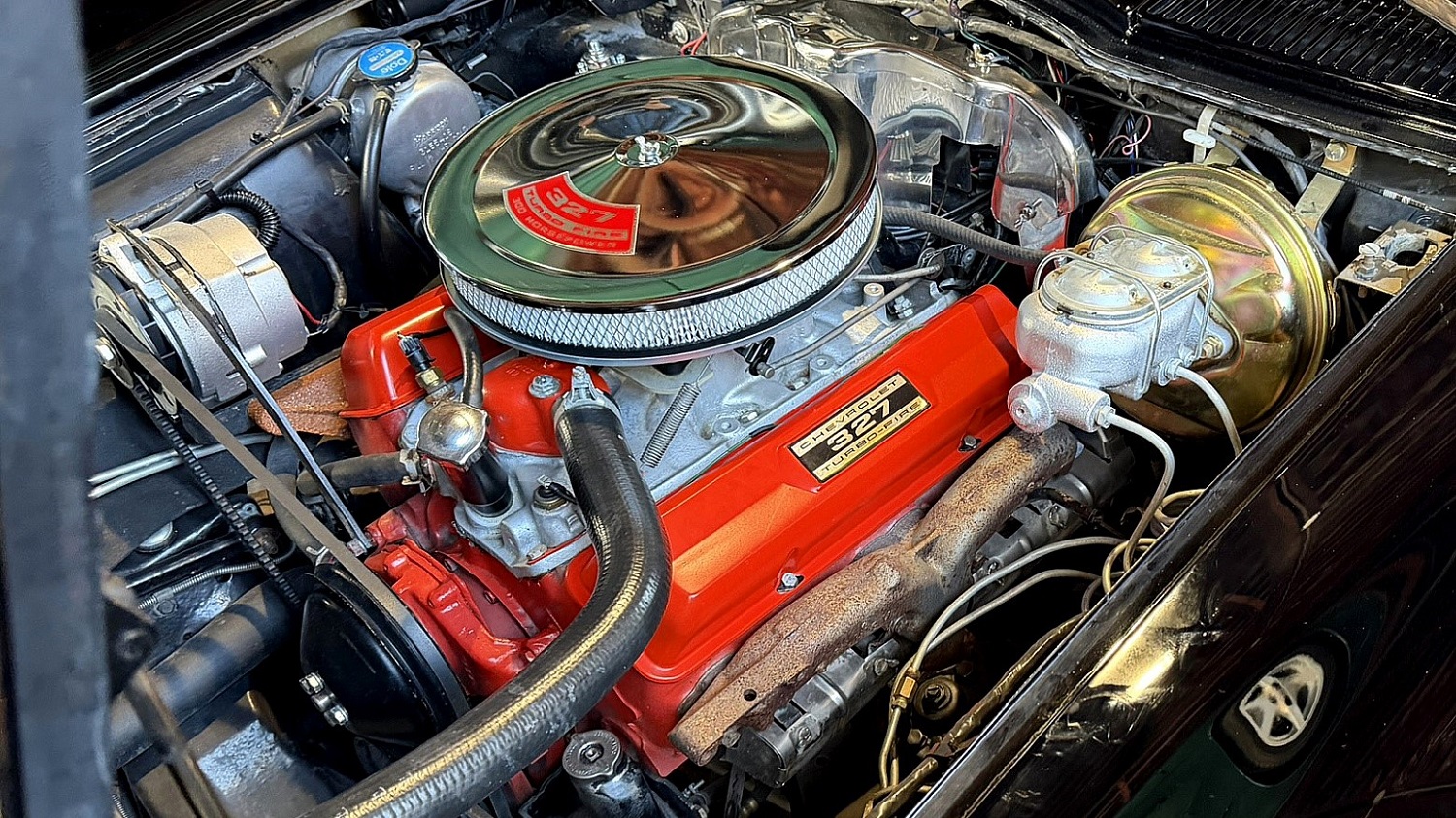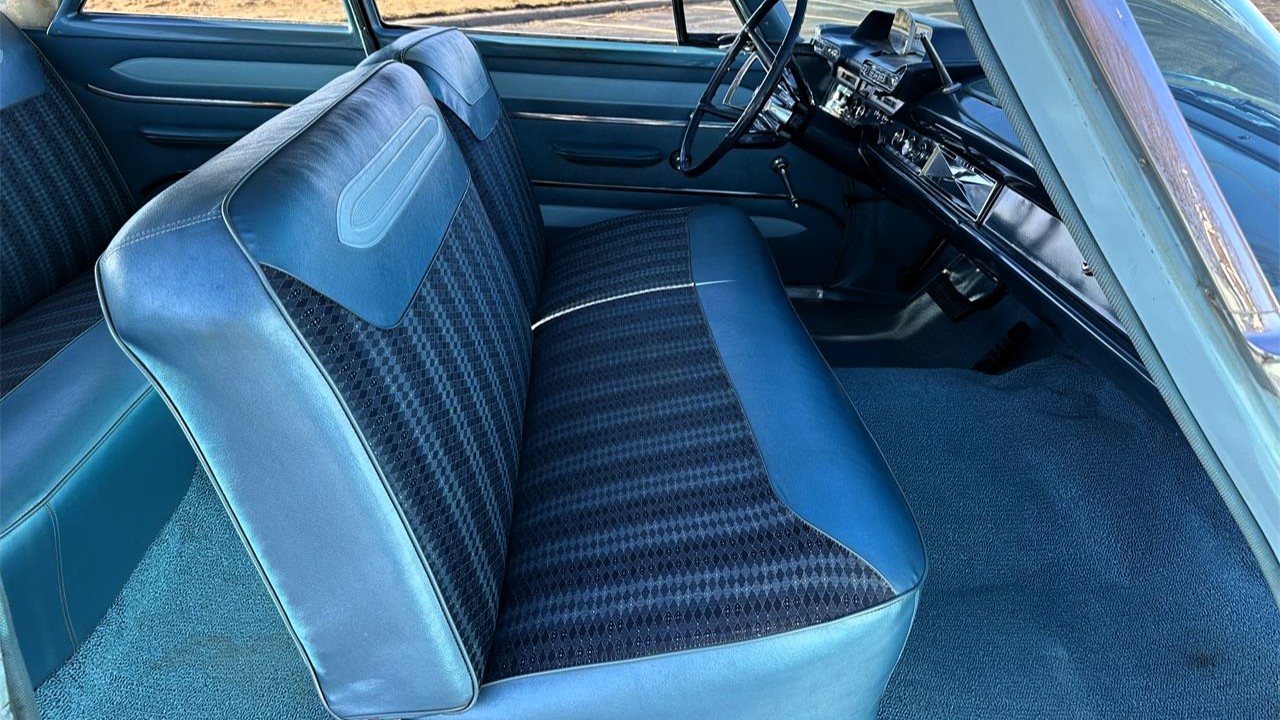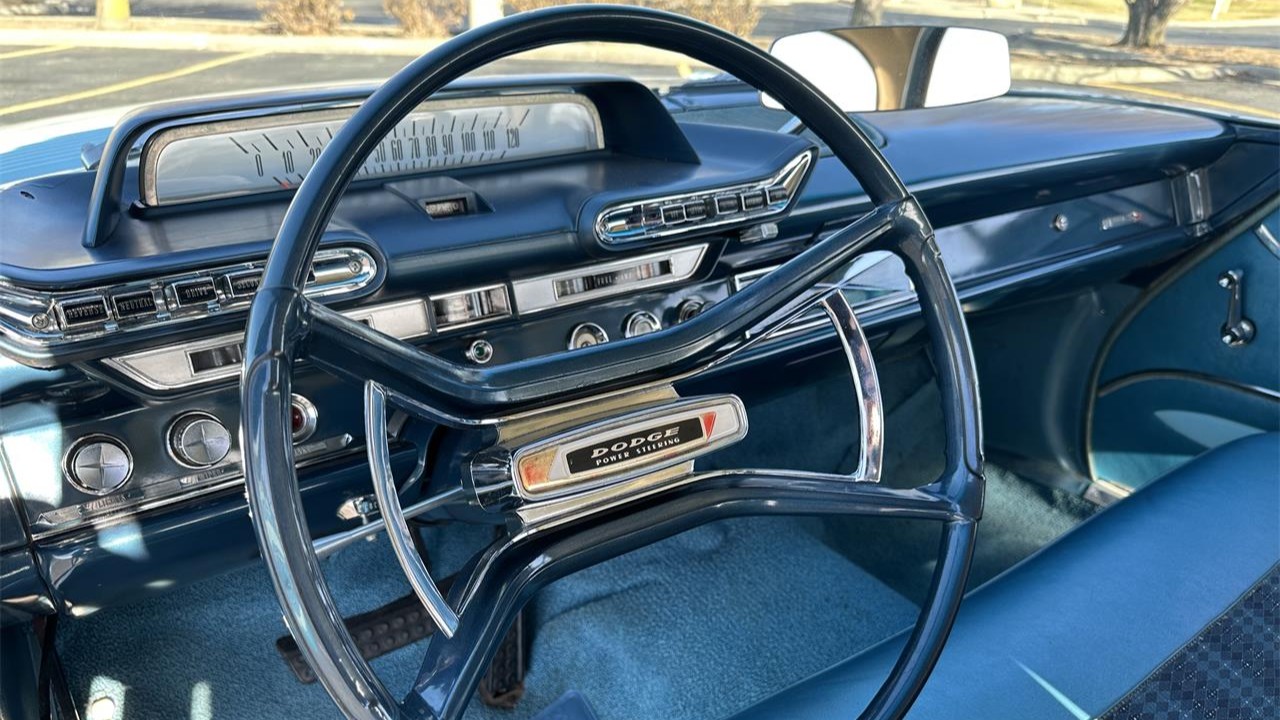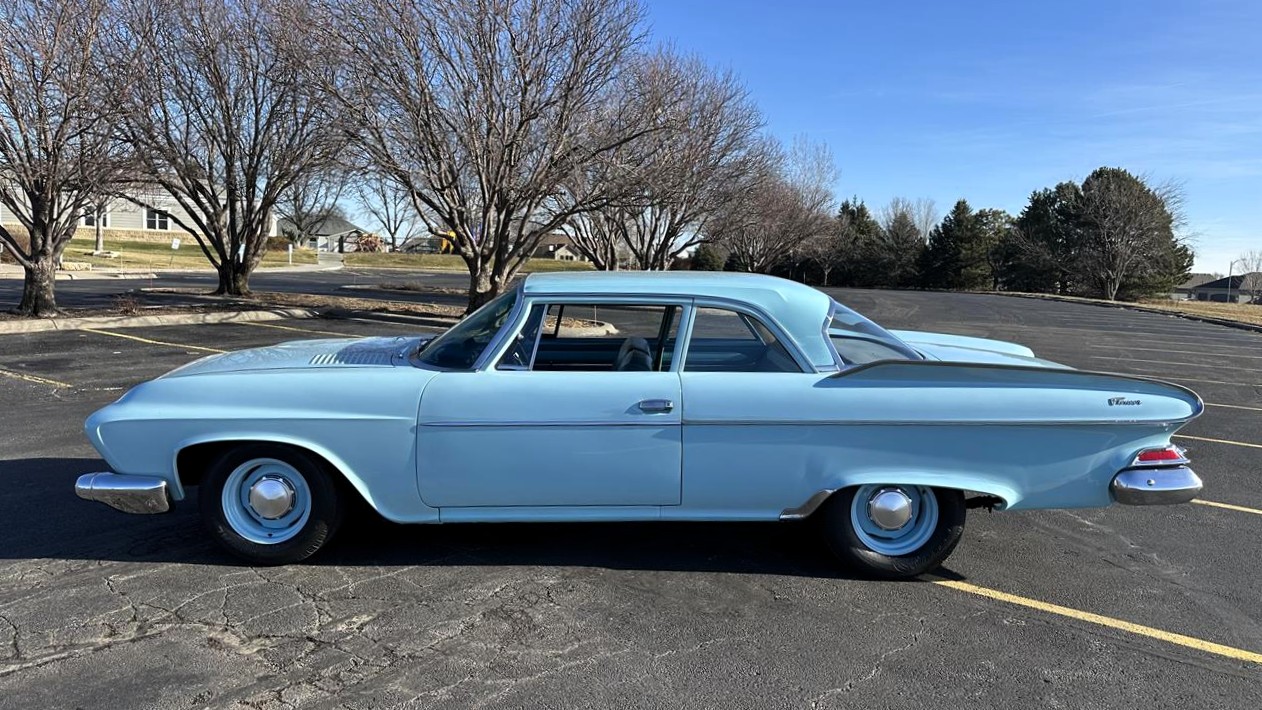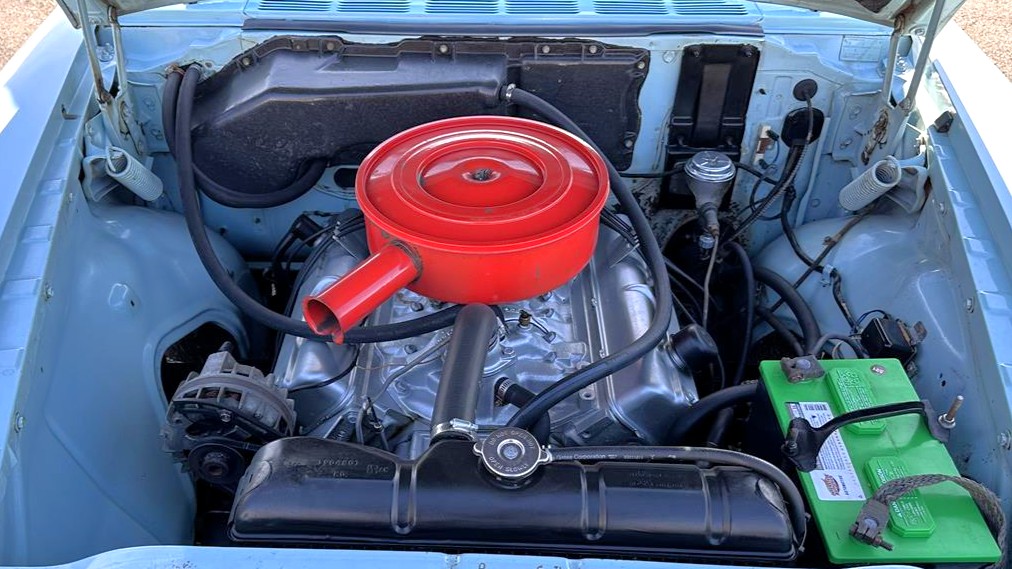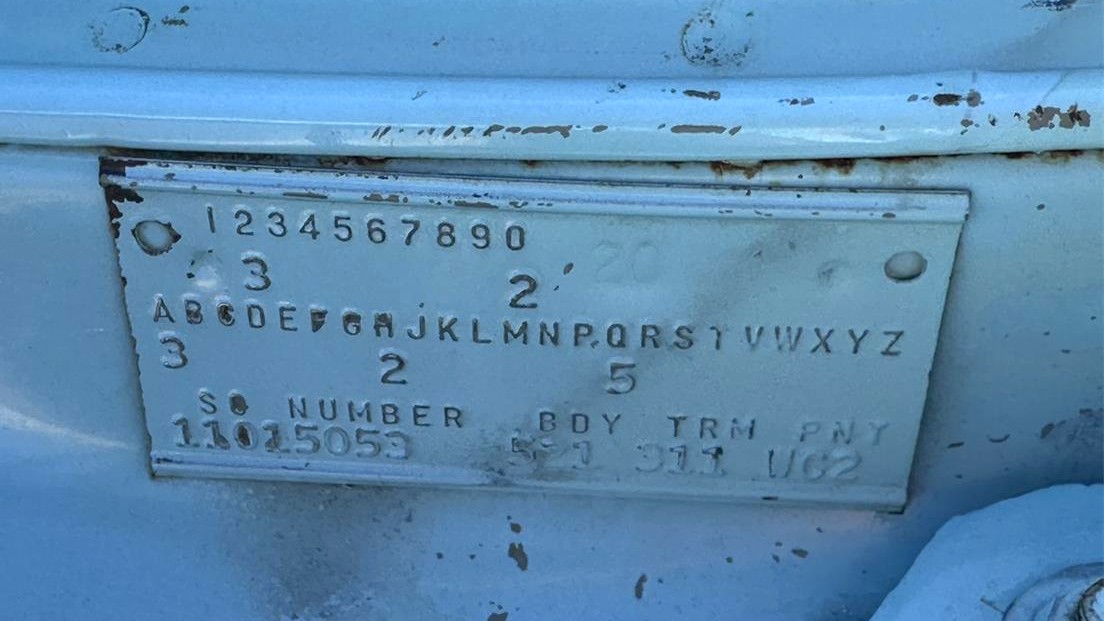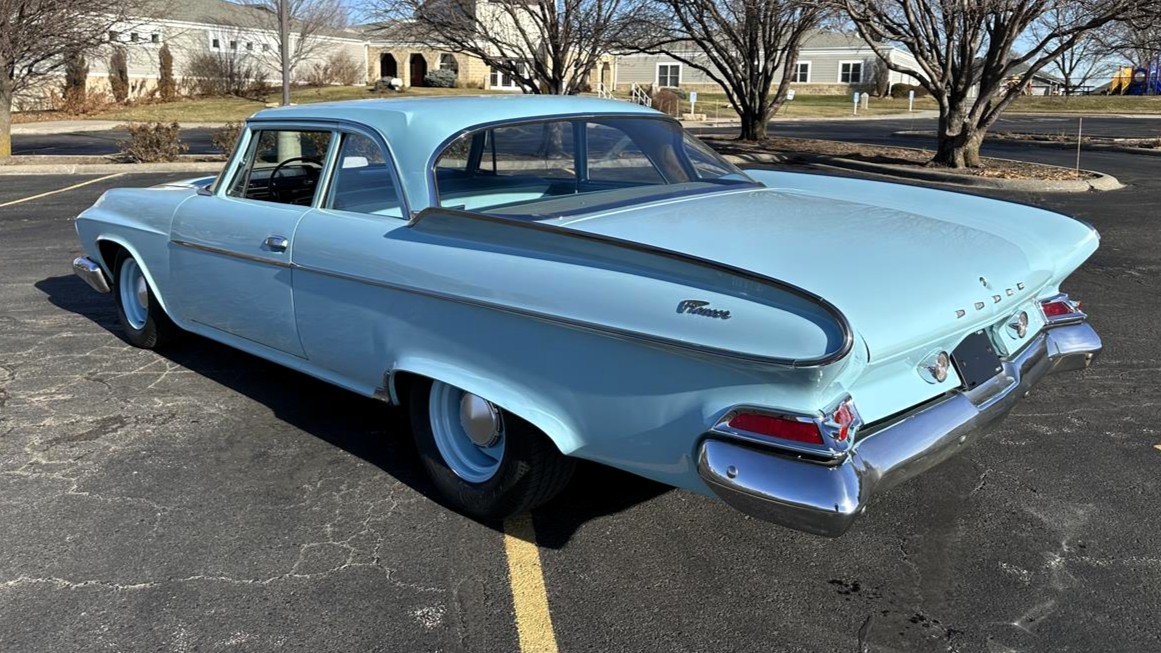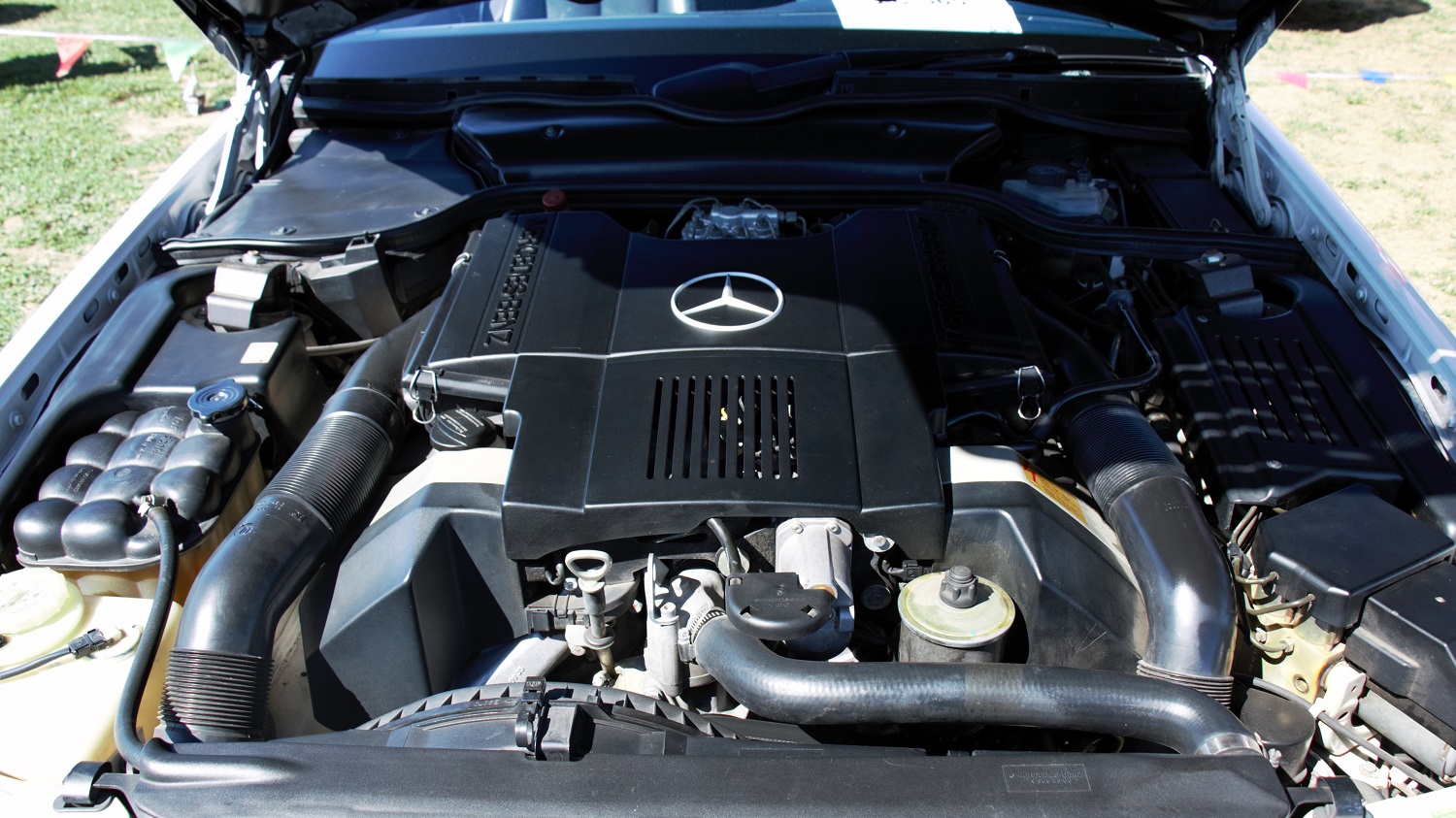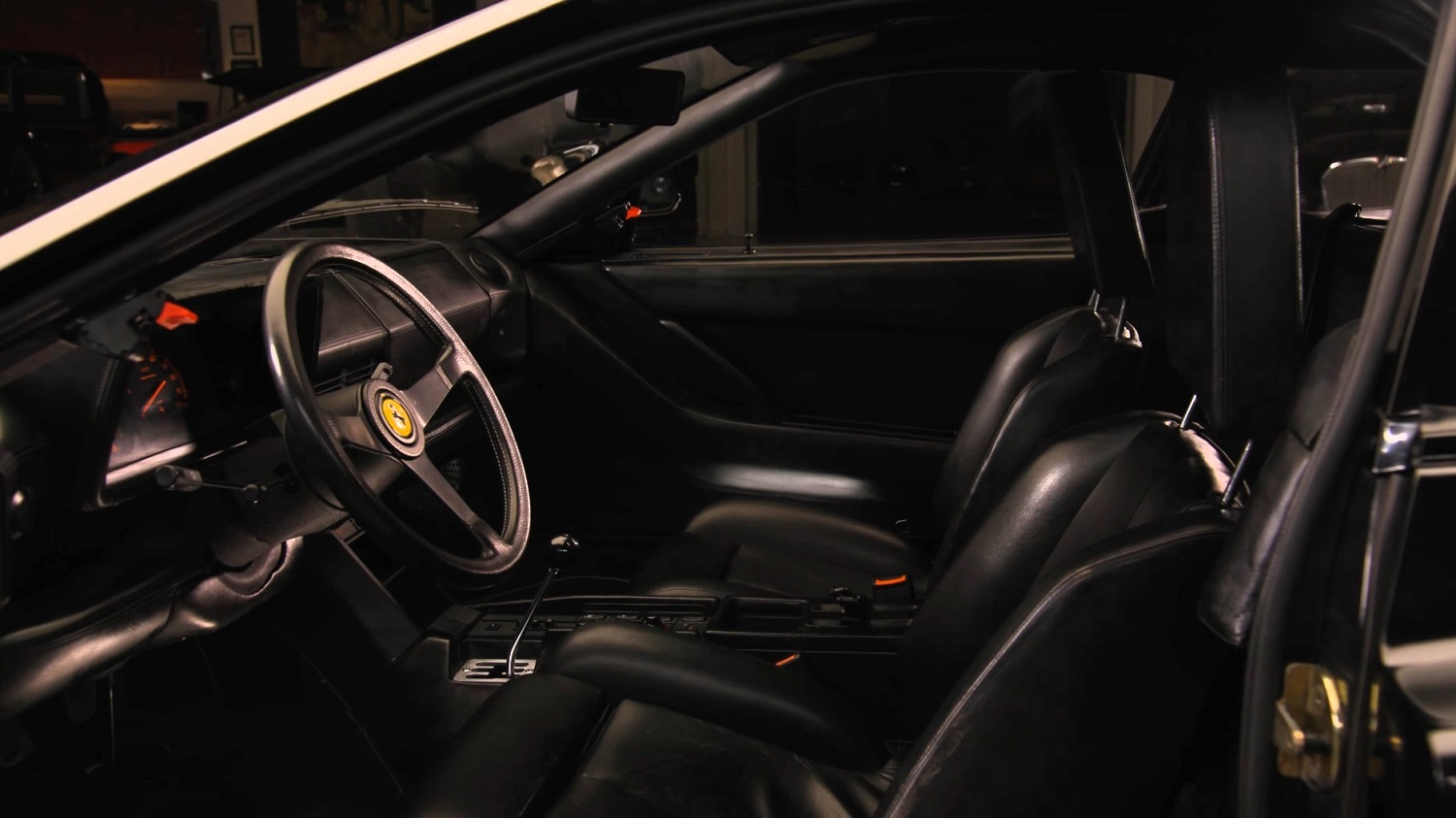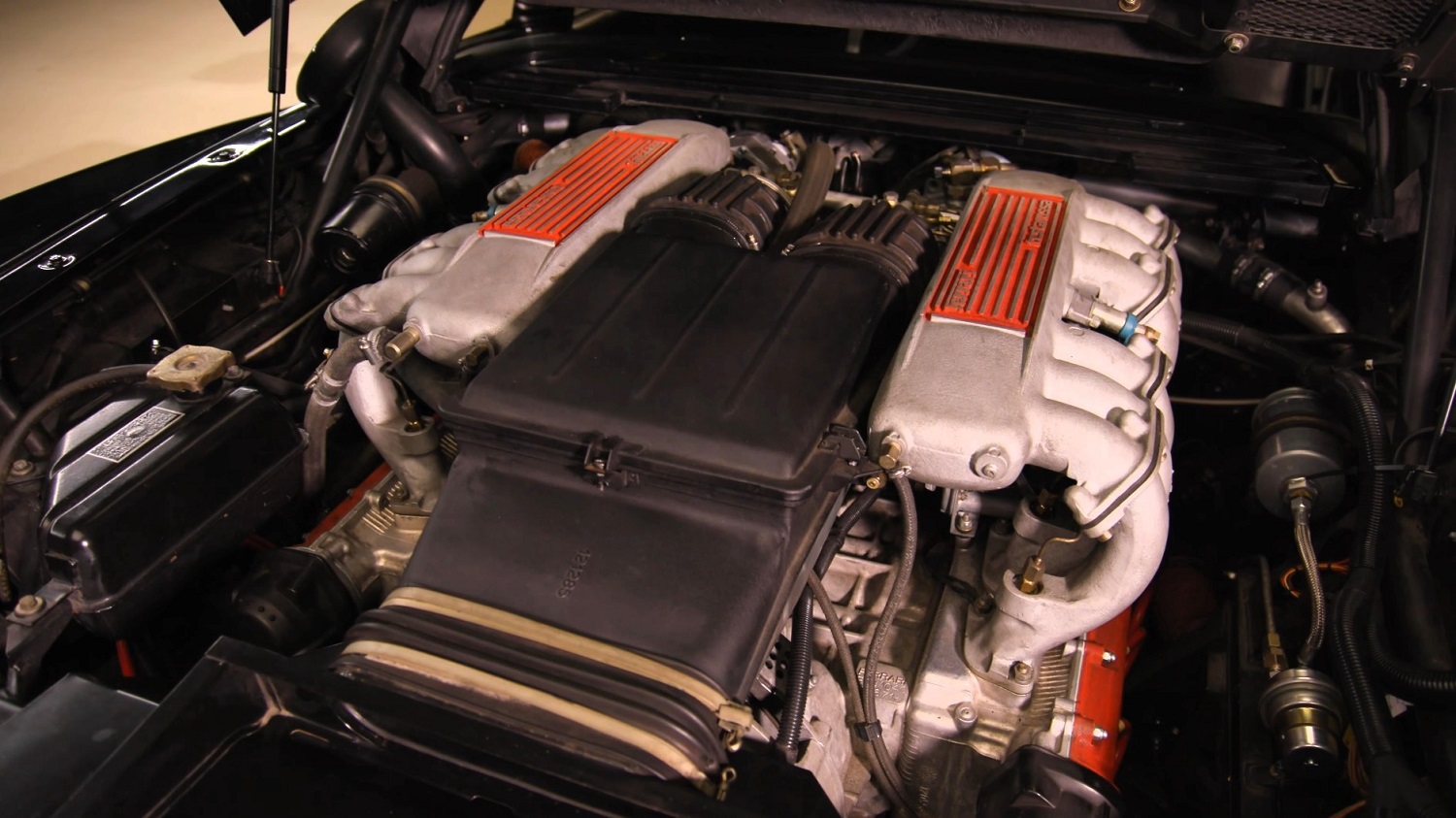It’s the weekend! Thank you for checking out this installment of Car Connections before you go for a drive through scenic countryside or head to a local get-together with fellow automotive enthusiasts. If this is your first time reading this series, here’s how it works: I make the Random Word Generator spit out a trio of words, then I use my nerdy mind to link each of those to vehicles in some way. This week’s words are perfume, continental, and digital. How would you associate these words with cars? Tell us in the Comments section below.
Let’s get started!

Perfume: It’s hard to see this word and not think of the Air Balance system that Mercedes-Benz offers in several models, such as the 2026 E 450 4Matic Sedan. What exactly is Air Balance? Essentially, it cleans the air in the cabin, then makes it smell better.
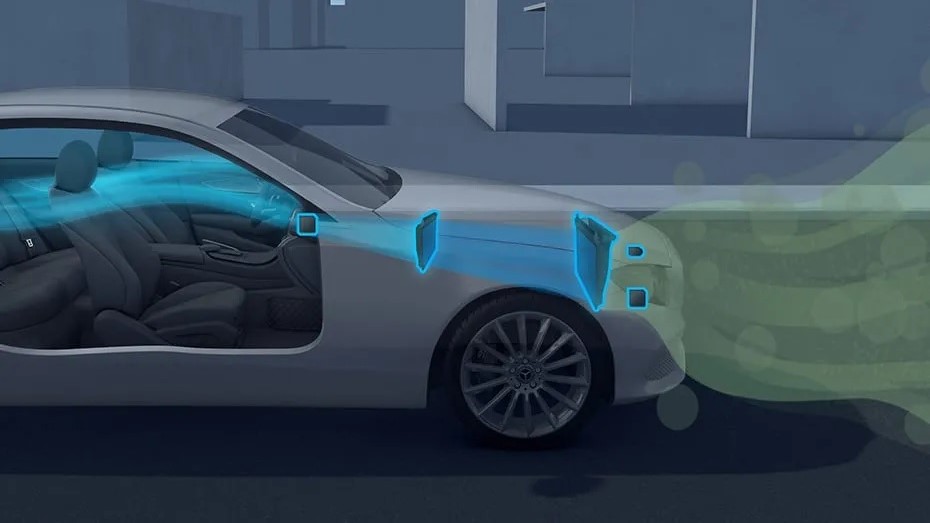

The system uses charcoal filtration with an electrically charged ionizer to remove impurities and odors. An LED-backlit vial in the glove box pumps out the owner’s choice of fragrance through dedicated ducts. In the past, I used Air Balance in a few Mercedes press vehicles, which made the already luxurious cars even more pleasant and indulgent.

Continental: Lincoln. Done! Just kidding. Outside of cars, this word makes me think of a continental breakfast. Hmmm … breakfast. As a native Texan, I have a soft spot for breakfast tacos. Every now and then, I come across a vehicle that has a seemingly random, oddly sized storage space on the dash.

The 2021 Chevrolet Tahoe I tested had one with a sliding cover to the right of the infotainment screen. Yes, the end of a breakfast taco would be hanging out the front of the little cubby, but that just means it would be easier to grab while on the move. Where would the little container of salsa go? In one of the cup holders, of course!

Digital: Every vehicle these days is digital in some way, but let’s look at this a different way. Digits — not numbers, but fingers. Several years ago, I tested a BMW (if I remember correctly, it was a 382-horsepower M340i) with a technology called Gesture Control, which allowed me to adjust certain things using hand movements. If I wanted to turn the volume up, all I had to do was twirl my finger clockwise; going counter-clockwise lowered the volume. Pretty cool, huh?

Well, if you’re like me and “talk with your hands,” that feature can lead to some unwanted adjustments. Trust me — it did. I would’ve told BMW how frustrating my experience was, but since I stopped moving my hands, I was speechless.
If today’s round of Car Connections has you wanting to add a Mercedes-Benz, Chevrolet, or BMW to your garage, visit ClassicCars.com and AutoHunter.com. And if you have any ideas for random words to use in a future installment of Car Connections, send them our way!
